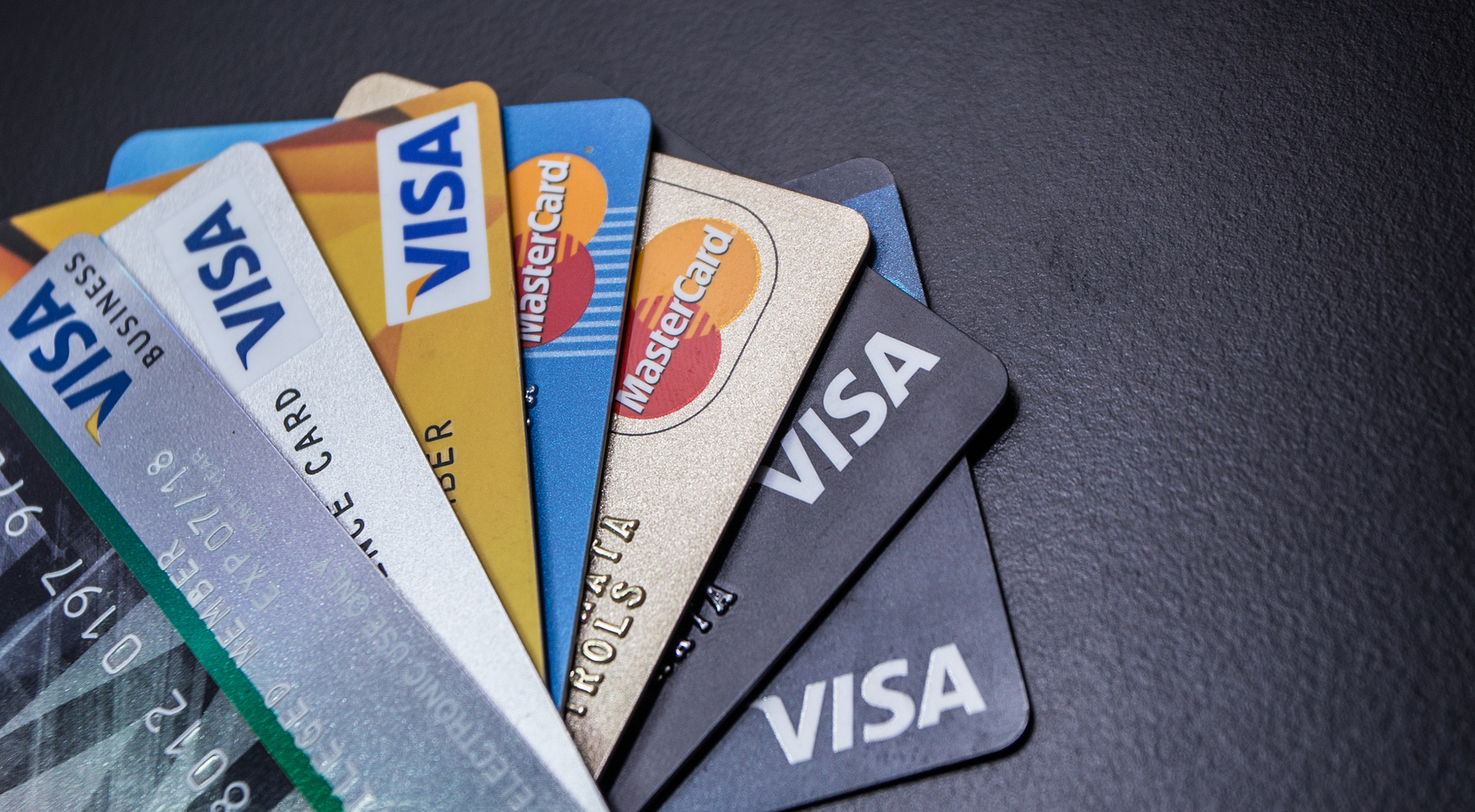
Best Credit Strategy for an Uncertain Economy
How to Deal With Rising Inflation & Interest Rates
In an uncertain economy, it’s important to be smart about your credit. There are many different ways to go about this, involving many different strategies and useful tools—Low-Interest Credit Cards, Debt Consolidation Loans, Cash-Back Credit Cards, and Credit Card Rewards, to name a few—but it’s vital to choose what feels right for you. By understanding your financial situation and managing your credit effectively, you can deal with rising inflation and interest rates. In this article, we outline 5 of the best credit strategies to help you achieve this:
1. Avoid maxing out credit cards
While maxing out your credit card every so often won’t ruin your life, it’s generally a pretty bad idea. It’s recommended that you keep your credit card balance below 30% of your credit limit. This way, you’ll maintain a low credit utilization ratio—also known as your amount of credit used compared to your credit limit. A low credit utilization ratio is very important in maintaining a good credit score, which is why not maxing out your credit cards is a useful strategy in an uncertain economy
2. Multiple types of debt
Now, we know how this sounds—after all, in an uncertain economy, why would anyone choose to take on multiple types of debt? However, if you have a mixture of credit types—such as both installment loans and credit cards—you can actually strengthen your credit score. However, it’s incredibly crucial to remember that as a person, you should only take on debt that you can repay and manage comfortably. Otherwise, this tip turns from a great credit strategy into a potentially damaging issue
3. Budgeting
With the rise of social media and the internet, there’s plenty of resources available to help you begin budgeting your expenses—gone are the days of paper and pen. From programs like Excel to social media tips, tricks, and articles—some of them even aiming to make budgeting fun and aesthetically pleasing—there’s loads of ways for you to create a detailed budget that will help you to better understand and manage your income. This way, you can reduce your dependency on credit if you cut back in areas where you might be overspending
4. Emergency credit card
Having an emergency credit card can be a great strategy for an uncertain economy. However, if you describe yourself as having little self control as a person, then this strategy might be best to avoid, as it’s important that this credit card is kept only for emergencies. Otherwise, the entire purpose of it is defeated. Additionally, when an emergency credit card is used, it’s important that you have a plan in place to pay it off as soon as you can.
5. Emergency credit options
If an emergency credit card doesn’t seem like the best option for you, exploring other low-interest emergency credit options can be beneficial instead. This way, you won’t need to resort to high-interest credit cards in the midst of financial emergencies. Looking into a personal line of credit or a home equity line of credit (HELOC) can be good starting points.


